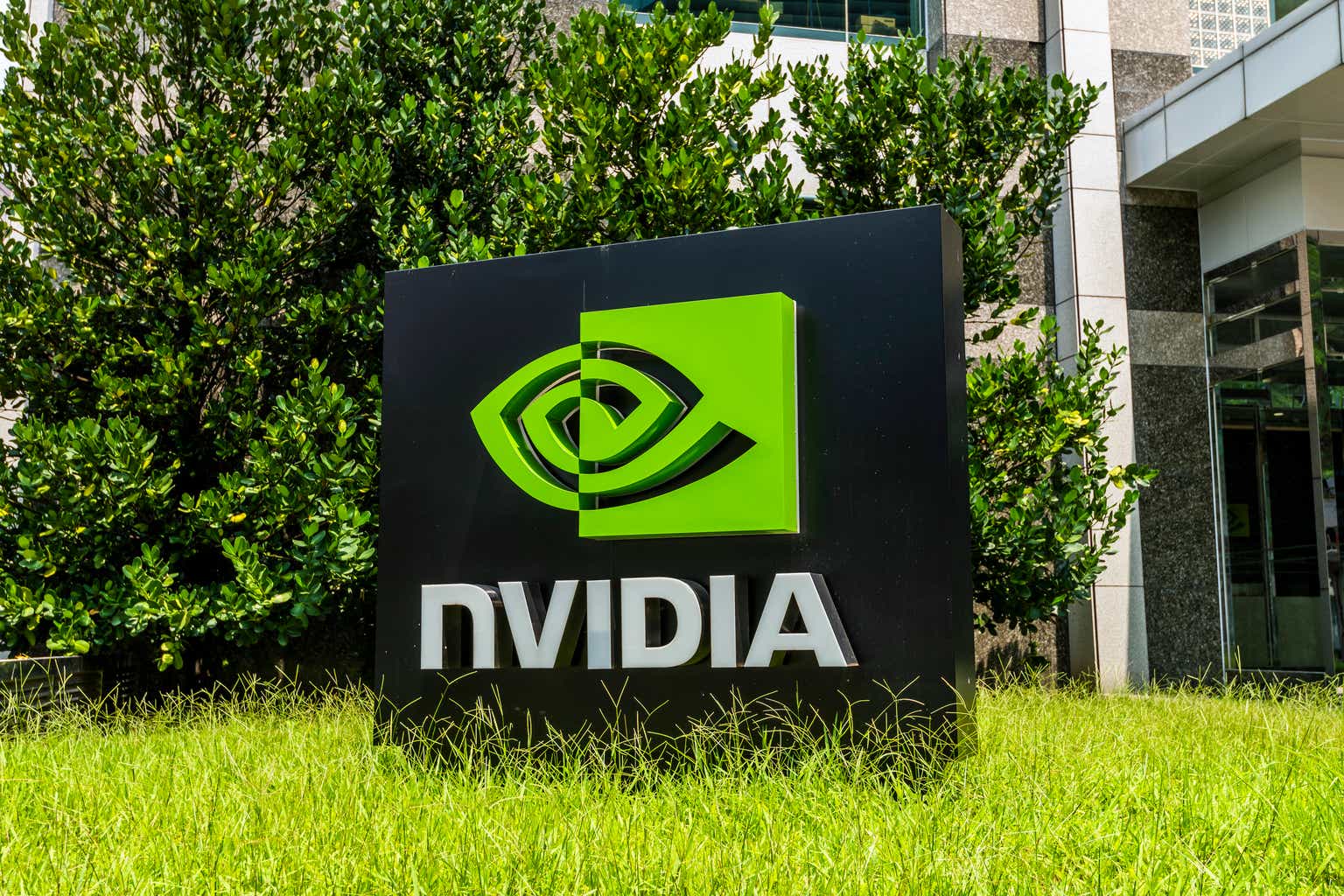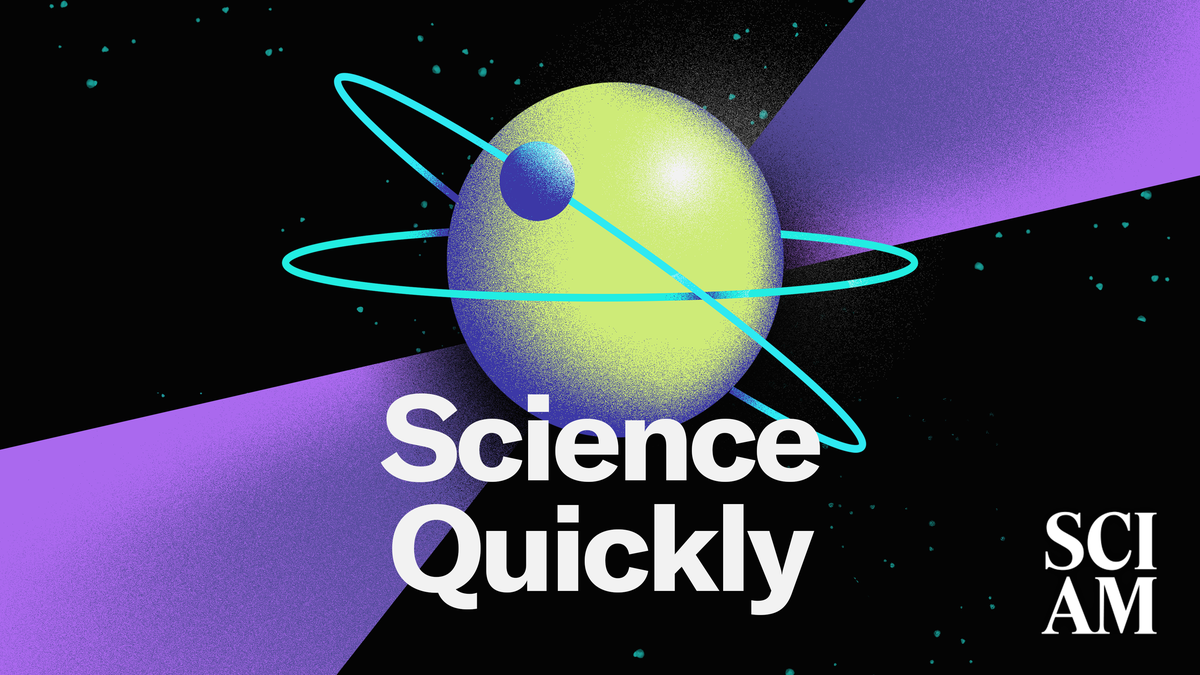The Download: OpenAI’s lobbying, and making ammonia below the Earth’s surface
This is today’s edition of The Download, our weekday newsletter that provides a daily dose of what’s going on in the world of technology. OpenAI has upped its lobbying efforts nearly sevenfold OpenAI spent $1.76 million on government lobbying in 2024 and $510,000 in the last three months of the year alone, according to a new disclosure…

This is today’s edition of The Download, our weekday newsletter that provides a daily dose of what’s going on in the world of technology.
OpenAI has upped its lobbying efforts nearly sevenfold
OpenAI spent $1.76 million on government lobbying in 2024 and $510,000 in the last three months of the year alone, according to a new disclosure filed on Tuesday—a significant jump from 2023, when the company spent just $260,000 on Capitol Hill.
The disclosure is a clear signal of the company’s arrival as a political player, as its first year of serious lobbying ends and Republican control of Washington begins. While OpenAI’s lobbying spending is still dwarfed by bigger tech players, the uptick comes as it and other AI companies are helping redraw the shape of AI policy. Read the full story.
—James O’Donnell
A new company plans to use Earth as a chemical reactor
Forget massive steel tanks—some scientists want to make chemicals with the help of rocks deep beneath Earth’s surface.
New research shows that ammonia, a chemical crucial for fertilizer, can be produced from rocks at temperatures and pressures that are common in the subsurface. The research was published yesterday in Joule, and MIT Technology Review can exclusively report that a new company, called Addis Energy, has been founded to commercialize the process.
Ammonia is used in most fertilizers and is a vital part of our modern food system. It’s also being considered for use as a green fuel in industries like transoceanic shipping. The problem is that current processes used to make ammonia require a lot of energy and produce huge amounts of the greenhouse gases that cause climate change. Read the full story.
—Casey Crownhart
There can be no winners in a US-China AI arms race
—Alvin Wang Graylin and Paul Triolo
The United States and China are entangled in what many have dubbed an “AI arms race.”
In the early days of this standoff, US policymakers drove an agenda centered on “winning” the race, mostly from an economic perspective. In recent months, leading AI labs such as OpenAI and Anthropic got involved in pushing the narrative of “beating China” in what appeared to be an attempt to align themselves with the incoming Trump administration. The belief that the US can win in such a race was based mostly on the early advantage it had over China in advanced GPU compute resources and the effectiveness of AI’s scaling laws.
But now it appears that access to large quantities of advanced compute resources is no longer the defining or sustainable advantage many had thought it would be. Read the full story.
Meet the divers trying to figure out how deep humans can go
Figuring out how the human body can withstand underwater pressure has been a problem for over a century, but a ragtag band of divers is experimenting with hydrogen to find out.
This is our latest story to be turned into a MIT Technology Review Narrated podcast, which we’re publishing each week on Spotify and Apple Podcasts. Just navigate to MIT Technology Review Narrated on either platform, and follow us to get all our new content as it’s released.
The must-reads
I’ve combed the internet to find you today’s most fun/important/scary/fascinating stories about technology.
1 Donald Trump has pardoned the creator of Silk Road
Ross Ulbricht was sentenced to life in prison after being found guilty of conspiracy to commit drug trafficking, money laundering, and hacking. (BBC)
+ The 40-year old has been in prison since 2015. (NYT $)
+ It’s a clear attempt to curry favor with the crypto community. (Bloomberg $)
2 The US is embarking on a major AI data center push
OpenAI, SoftBank, and Oracle will create $100 billion in computing infrastructure. (NYT $)
+ Sam Altman says the project will facilitate the birth of AGI in America. (Insider $)
3 What Trump’s executive orders mean for you
From a national energy emergency to pausing wind projects. (Fast Company $)
+ The new President also officially established DOGE. (Ars Technica)
4 YouTuber Mr Beast is considering buying TikTok
His lawyer insists he’s deadly serious. (CNN)
+ What is the true value of TikTok, exactly? (The Information $)
+ Trump is open to Elon Musk bidding for ownership too. (The Guardian)
5 Microsoft will foot the bill to restore part of the Amazon rainforest
In exchange for hundreds of millions of dollars’ worth of carbon credits. (FT $)
+ Google, Amazon and the problem with Big Tech’s climate claims. (MIT Technology Review)
6 Google sold AI tools to Israel’s military in the wake of the Hamas attack
In stark contrast to its public stance distancing itself from Israel’s security apparatus. (WP $)
7 Inside the fight raging over NASA’s first deep space station
Some experts argue we should start building living quarters directly on the moon instead. (Undark)
+ Here’s what an exploding rocket looks like. (New Scientist $)
+ What’s next for NASA’s giant moon rocket? (MIT Technology Review)
8 How the Parcae satellite program helped to win the Cold War
And ushered in a new age of eavesdropping in the process. (IEEE Spectrum)
9 Startup founders are hustling for deals at inauguration parties
Networking is so back, baby. (TechCrunch)
+ How a Greenwich Village bar became a MAGA mecca. (NY Mag $)
10 How AI could revamp treatment for snake bites  Read More
Read More
What's Your Reaction?















































![Trump’s FAA Shake-Up: DEI Gone, But Safety Questions Remain [Roundup]](https://viewfromthewing.com/wp-content/uploads/2024/01/DALL·E-2024-01-24-12.35.35-A-wider-view-of-an-overworked-air-traffic-controller-in-a-control-tower-captured-from-a-side-angle.-The-controller-is-visibly-stressed-with-sweat-on.png?#)
































